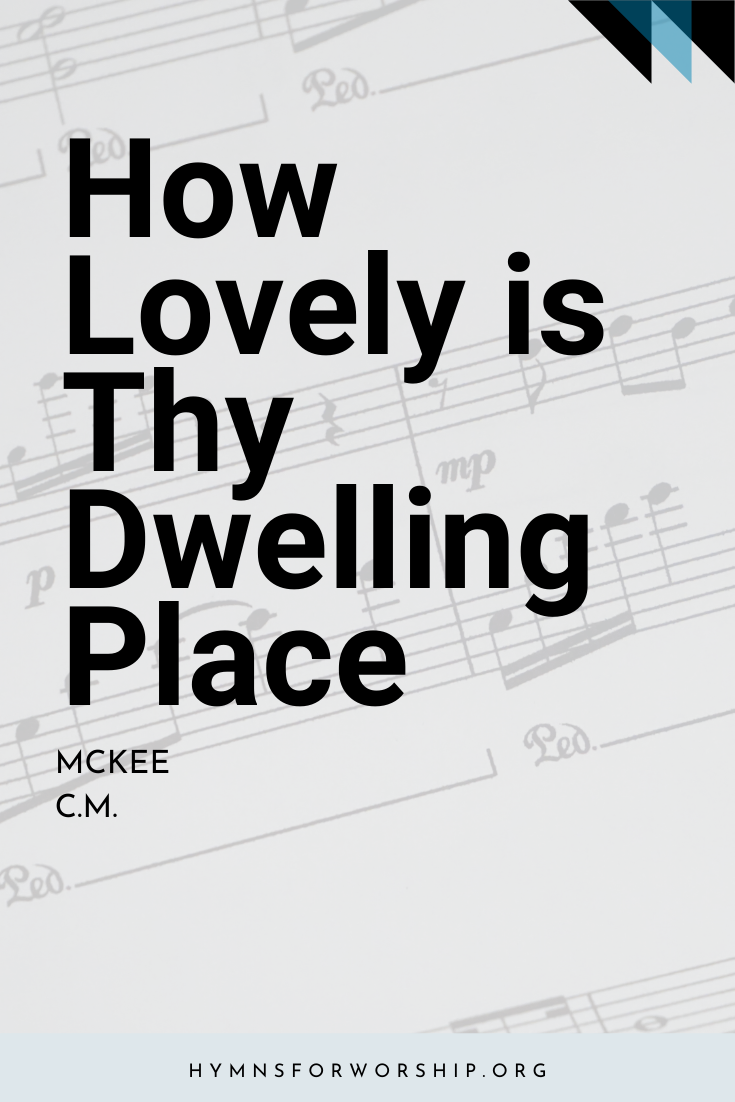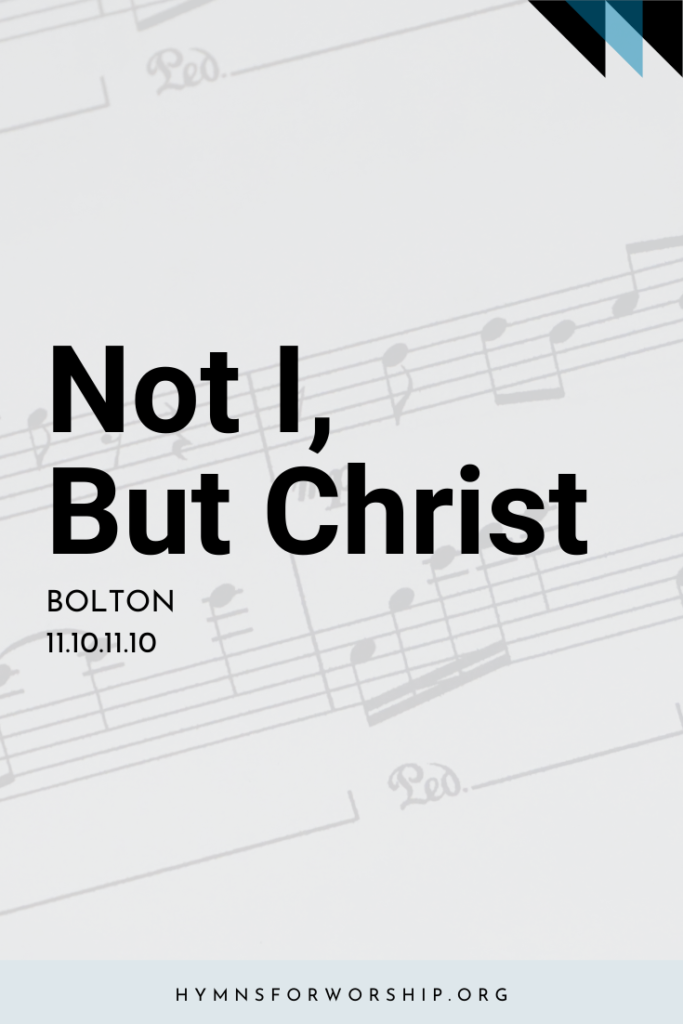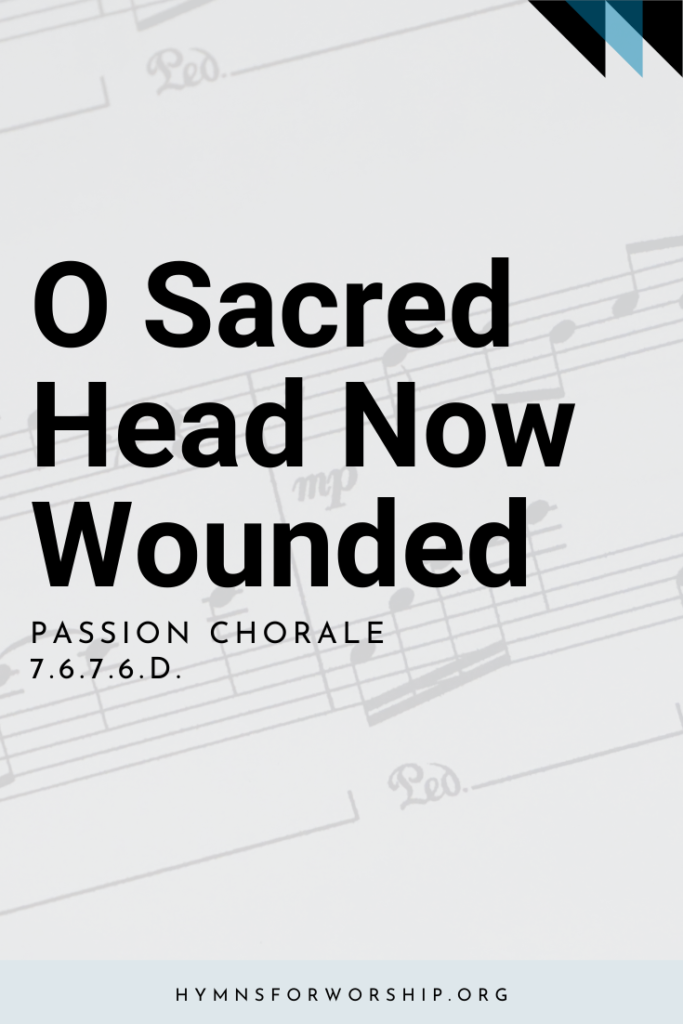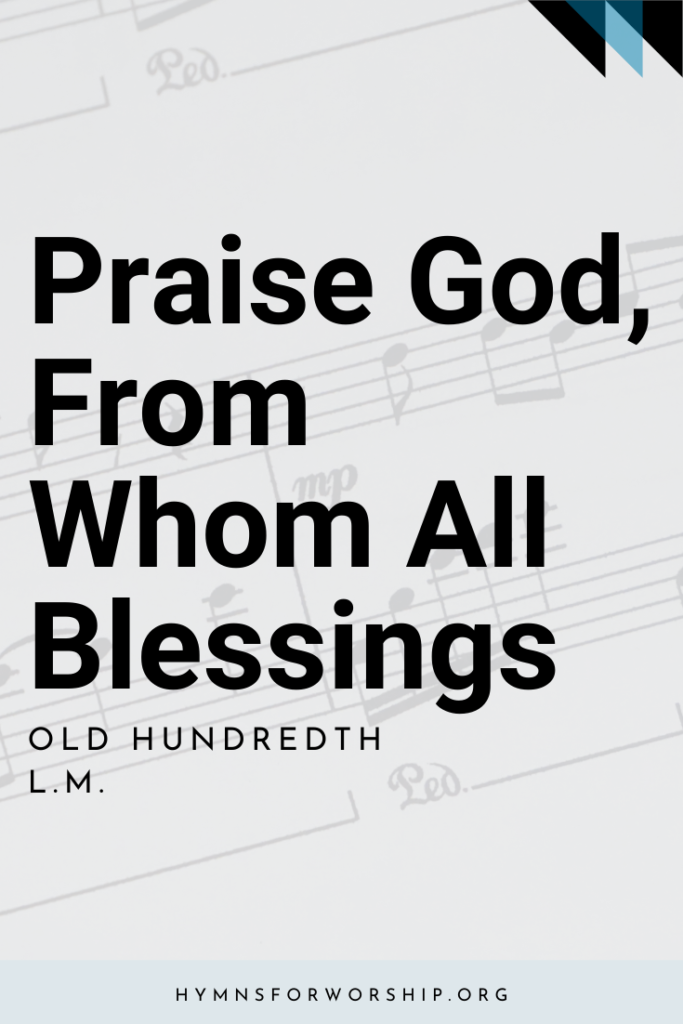WORSHIP >> OPENING OF WORSHIP
SDAH 62
How lovely is Thy dwelling place,
O Lord of hosts to me!
The tabernacles of Thy grace
How pleasant, Lord, they be!
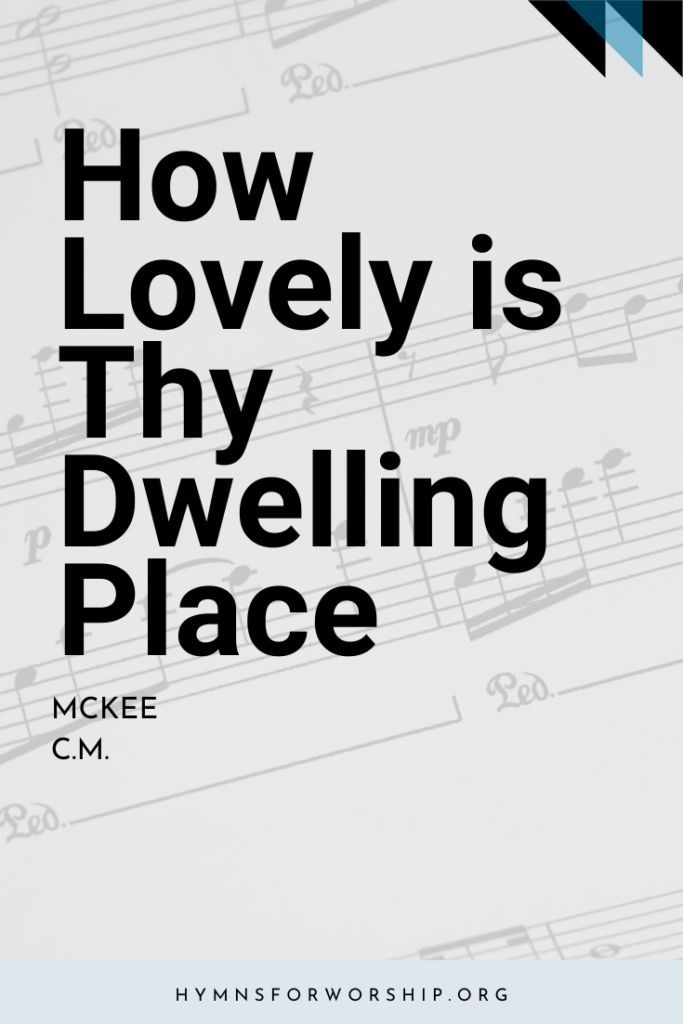
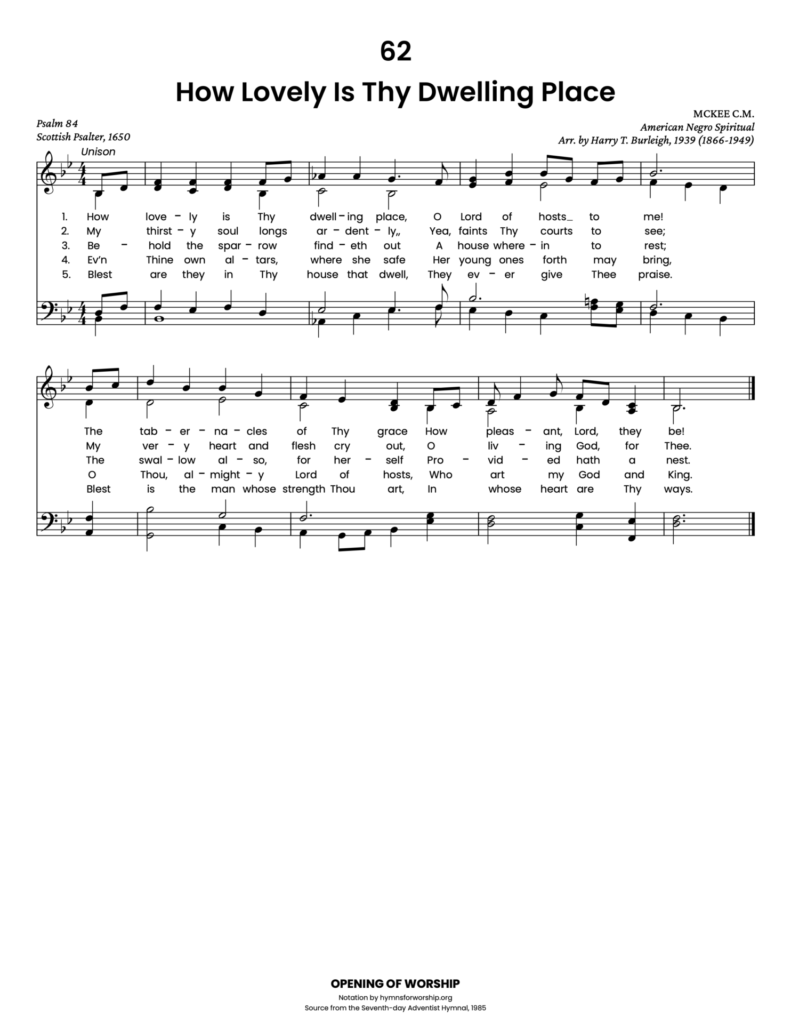
Get the hymn sheet in other keys here
For Worship Leaders
Make each hymn more meaningful with these helpful tools: Short, ready-to-use hymn introductions for church bulletins, multiple ways to introduce a hymn based on your worship theme and in-depth history and insights to enrich your song service.
Hymn Spotlight: How Lovely Is Thy Dwelling Place
For centuries, Scottish churches sang only metrical psalmody, shaping a deep love for the Psalms in worship. How Lovely Is Thy Dwelling Place comes from this tradition, rooted in the Psalms of David in Meeter, published in 1650 by the Church of Scotland. Hymnologist John Julian praised this psalter’s “faithfulness, vigor, and terseness,” noting its lasting impact on Presbyterian worship.
The tune MCKEE carries a rich history, adapted by Harry T. Burleigh (1866–1949) from the Negro spiritual I Know the Angel’s Done Changed My Name. Burleigh, a pioneering Black musician, was the baritone soloist at St. George’s Episcopal Church in New York City for over 50 years, despite initial opposition to his appointment. He introduced MCKEE into church music, and it was first published in Hymnal 1940 with In Christ There Is No East nor West (SDAH 587).
Burleigh’s influence on American sacred music is profound, bridging the gap between spirituals and concert music. His work reminds us that God’s dwelling place is open to all who seek Him in faith and song.


Text
1
How lovely is Thy dwelling place,
O Lord of hosts to me!
The tabernacles of Thy grace
How pleasant, Lord, they be!
2
My thirsty soul longs ardently,
Yea, faints Thy courts to see;
My very heart and flesh cry out,
O living God, for Thee.
3
Behold the sparrow findeth out
A house where-in to rest;
The swallow also, for herself
Provided hath a nest.
4
Ev’n Thine own altars, where she safe
Her young ones forth may bring,
O Thou, almighty Lord of hosts,
Who art my God and King.
5
Blest are they in Thy house that dwell,
They ever give Thee praise.
Blest is the man whose strength Thou art,
In whose heart are Thy ways.

Hymn Info
Biblical Reference
Ps 84:1-5
Text Source
Scottish Psalter
Year Published
1650
Performance Suggestions
Unison
Hymn Tune
MCKEE
Metrical Number
C.M.
Arranger
Harry T. Burleigh (1866-1949)
Tune Source
American Negro Spiritual / 1939
Theme
OPENING OF WORHIP

